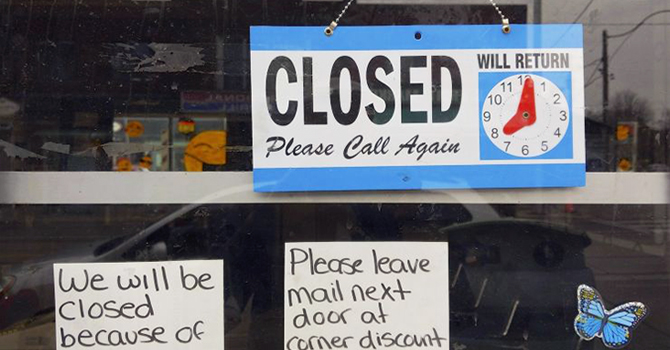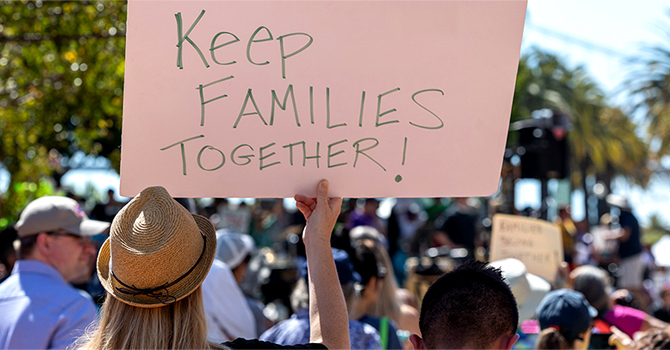
Why Are Ethical Concerns Blocking the Progress of COVID-19 Vaccine Efforts?
Akpabio Akpabio and Utibe Effiong
Ultimately, vaccines are beneficial, and human trials are essential in determining the safety of any vaccine. But how do we select candidates for vaccine tests? Fallout from unethical experiments is persistent, and we must insist on the most ethical and medically accurate appraisals of the vaccine landscape.





